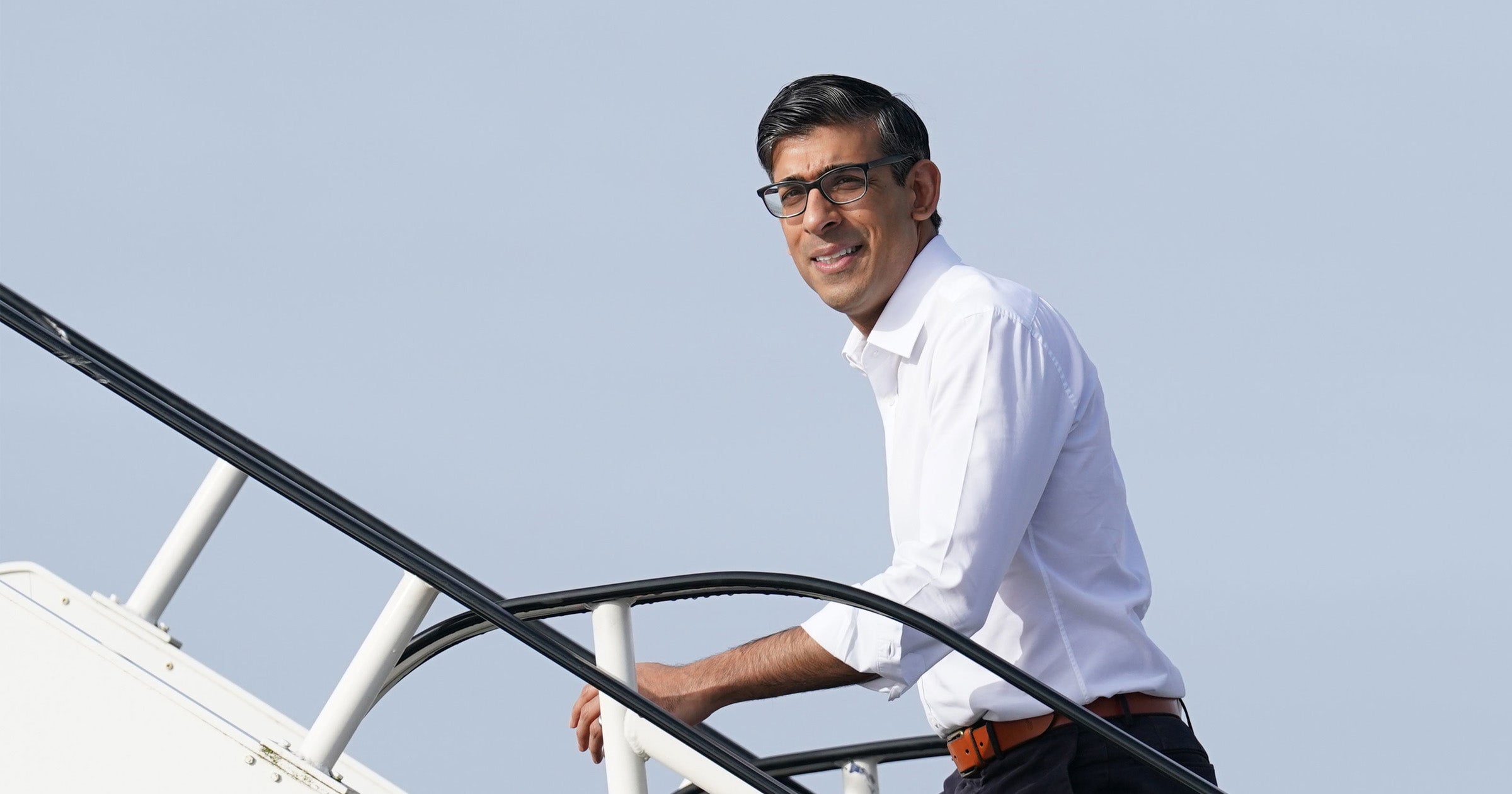
There was good news for the UK’s tech sector on Monday morning when HSBC stepped in to rescue the UK arm of failed US lender Silicon Valley Bank.
SVB, headquartered in California, dealt exclusively with tech and start-up businesses and has been bought by HSBC for £1.
The rescue deal means UK firms who banked with SVB have had their deposits protected, with tech bosses breathing a sigh of relief following an “anxious weekend” waiting to learn if their cash would be secured.
The collapse of SVB brought back grim memories of the financial crash of 2007/8, which had far-reaching consequences for countries around the world.
Could we be about to see another crash?
Rishi Sunak, the prime minister, has said that SVB’s collapse does not represent a “systemic” risk to the UK’s financial services sector.
Jeremy Hunt, the chancellor and the Bank of England echoed those comments in statements released on Monday morning after HSBC bought SVB.
The Bank of England, which is independent of government, said: “No other UK banks are directly materially affected by these actions, or by the resolution of SVBUK’s US parent bank. The wider UK banking system remains safe, sound, and well capitalised.”

Customers protections
Even if there was another crash there are regulations in place to protect the money people have in their bank accounts.
Customer deposits held by banks, building societies and credit unions in the UK and Northern Ireland that are authorized by the Prudential Regulation Authority (PRA) are protected by the Financial Services Compensation Scheme, up to £85,000.
This includes, for example, eligible deposits in current accounts, savings accounts, cash ISAs (held with a deposit taker) or savings bonds.
A PRA-authorised firm may own several banking and building society brands but customers are only protected to the value of £85,000 across all their accounts.
“This means that anyone who has deposited in more than one account under a single brand, or multiple accounts under different brands owned by a single firm, is only protected up to a total of £85,000 across all these accounts,” the Bank of England says.
“There will be temporary deposit protection for up to 6 months above the £85,000 limit for certain types of deposits classified as temporary high balances, such as the proceeds from private property sales. Protection will be up to £1million in most cases.
“People with eligible deposits that add up to more than the deposit protection limit may wish to take steps to keep their deposits fully protected (eg by splitting their deposits across different PRA-authorised firms),” it warns.
What if I have more than £85,000 in the bank?
There are more than 1,500 PRA-authorised banks, building societies and financial institutions in the UK, including major high-street lenders such as Barclays, HSBC, and Natwest.
For those who have more than £85,000 in a single bank account, it might be a good idea to spread this money to another bank to make sure you’re covered by the deposit scheme.
On Monday morning, London’s FTSE 100 Index tumbled as banks remained in the red amid the fallout from the collapse of Silicon Valley Bank, despite emergency action in the US to protect customers and the rescue deal in the UK.
The top tier fell nearly 2 per cent in morning trading, down 132.2 points at 7616.2, with banks and financial stocks extending share losses seen on Friday.
HSBC’s £1 deal to take over the UK arm of failed Silicon Valley Bank (SVB UK) did not halt the slide on the London market as fears over contagion mounted.
Expert says banks not at risk despite stock market falls
But Martha Lane Fox, president of the British Chambers of Commerce, said the failure of Silicon Valley Bank was "very different" from the collapse of Lehman Brothers in 2008 and that consumers should not be concerned,
Asked on BBC Radio 4’s Today programme about the wider questions following the collapse, she said: "It was a banker that provided extra careful services for the sector that is growing very rapidly and is demanding attention from all of us because it’s going to be a vital part of how we position ourselves in the future and our economy’s strength in the future.
"You could argue it was a single point of failure, or you could argue that it was enabling this patchwork of incredible businesses to grow quickly.
"This is not a collapse because of risky management. In many ways, it’s not similar to the banking collapse in 2008 or Lehman’s collapse or anything like that." She described it as a "very different structural problem".







